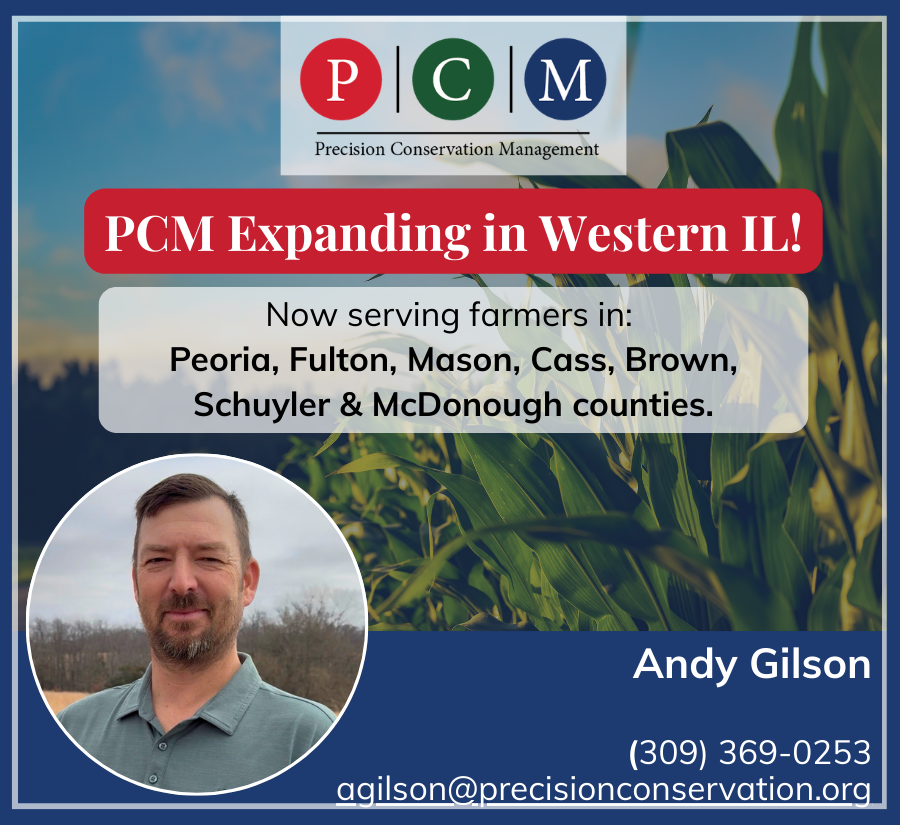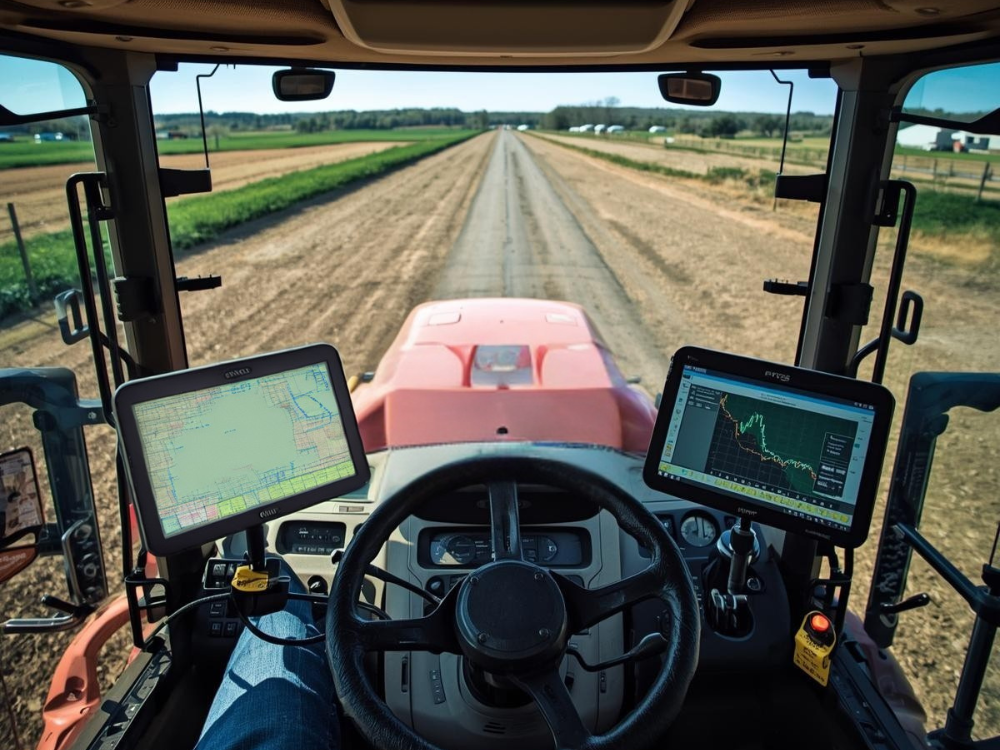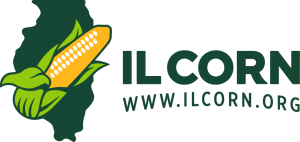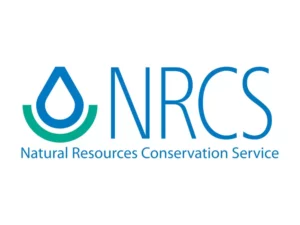TECHNICAL ASSISTANCE
PCM Farmers recieve ongoing one-on-one support from their regional Specialist including data collection, agronomic recommendations, and data review.
Applying Financial Analysis to Conservation Practices
FARMER CENTRIC & SUPPLY CHAIN SUPPORTED
PCM was built by farmers, for farmers in response to the Illinois Nutrient Loss Reduction Strategy.
We identify in-field practices that effectively address environmental issues without risking the farmers’ bottom line – to apply financial analysis to conservation adoption.
We provide one-on-one technical assistance for farmers, helping them leverage their field data for profitability.
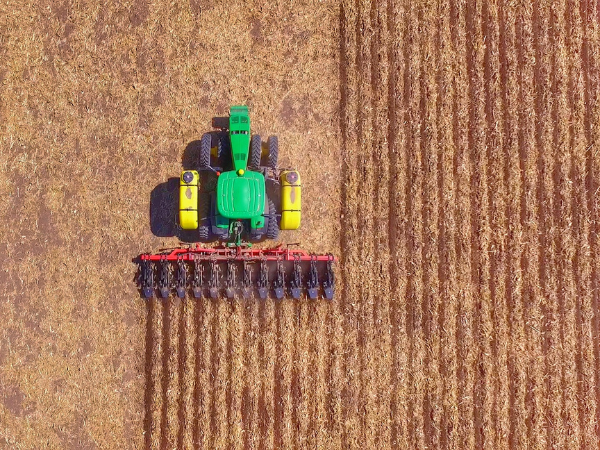
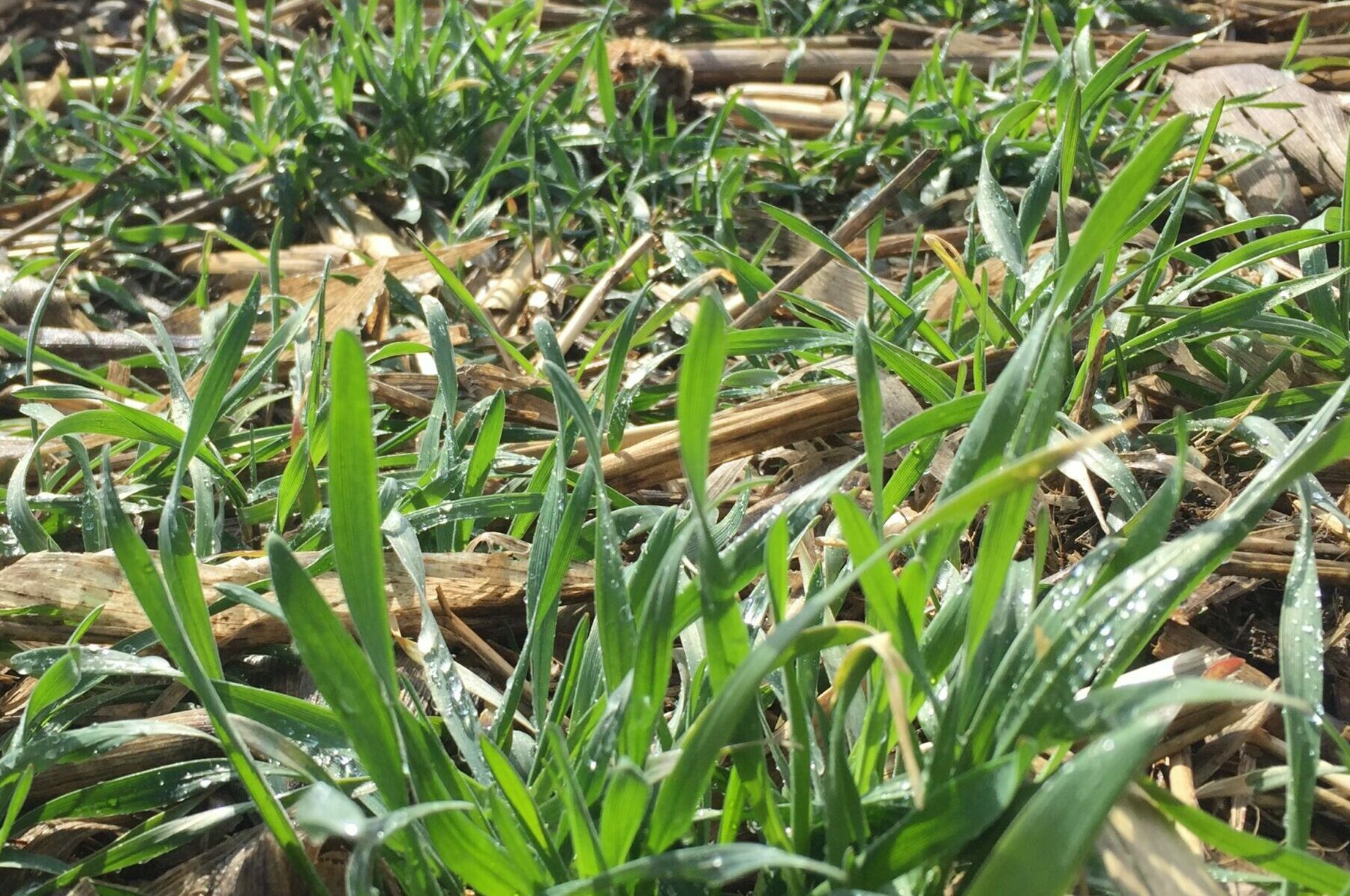
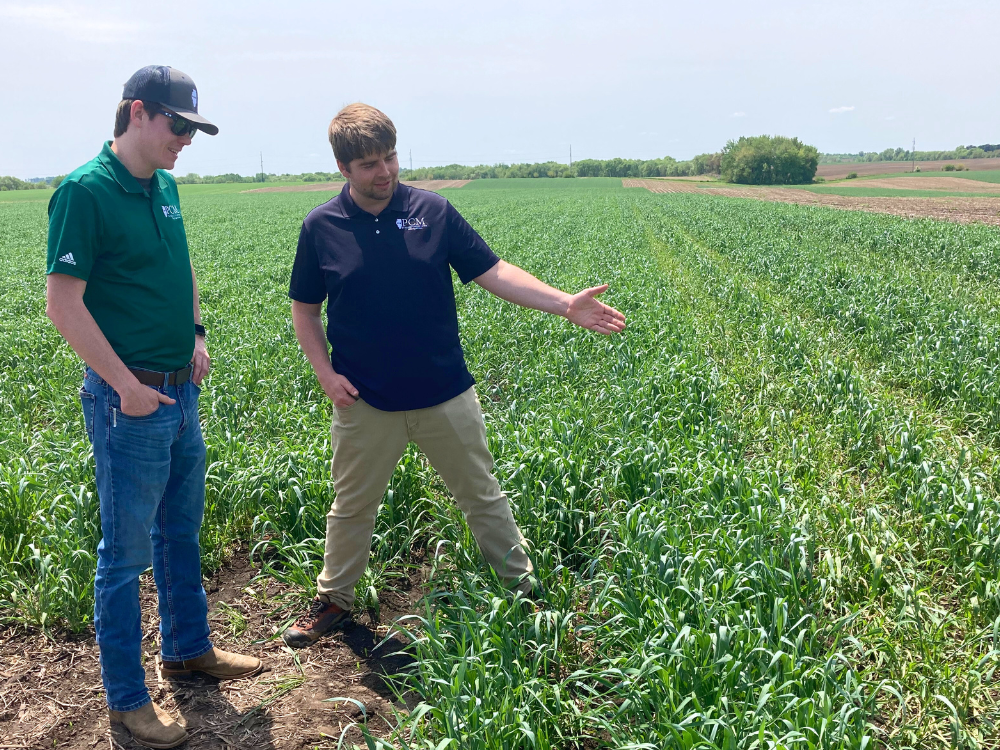
PCM – Growing Stronger Every Day
FARMERS
ACRES
Years
PARTNERS
How does PCM work?
When you join PCM, your dedicated Specialist will work with you to make enrollment, data collection, and navigating incentive programs easy.
Latest News
Spring Decisions That Pay Off All Season
The best returns often start with simple, smart decisions at planting time.
Read morePCM Expands into Western Illinois
PCM is expanding its reach to serve more farmers across western Illinois with the addition of new Conservation Specialist Andy Gilson.
Read moreField Data is The Real MVP (If you leverage it right.)
Every pass you make through the field, every input you apply, every bushel you haul—it’s all data with an associated cost. But unless that data is organized and analyzed, it’s just clutter.
Read moreWe Approach Conservation
From The Perspective of the Midwest Farmer
PCM strives to benefit the farmer, the environment, and the supply chain.
Our Vision
PCM’s primary goal is to assist farmers in their efforts to make economically viable conservation decisions, based on real-life, unbiased farmer data.
We also believe in bringing supply chain support to farmers who want to improve conservation practices, reducing financial risk when adopting new farming practices. We leverage the global sustainability movement by partnering companies striving for greener products with the farmers growing them, and encouraging a mindset of shared responsibility across the entire supply chain.
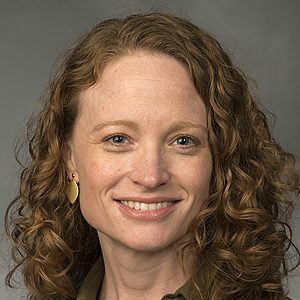
Dr. Laura Gentry
Director of Water Quality Science, IL Corn
We are grateful to all the PCM farmers who agree to let us use their data to help other farmers – to learn from your successes and mistakes, and for helping PCM make all of Midwest agriculture better, more profitable & more sustainable.
We appreciate your willingness to help fellow farmers even when you know they are your competitors. It is this sense of community and camaraderie that embodies the spirit of the American farmer.
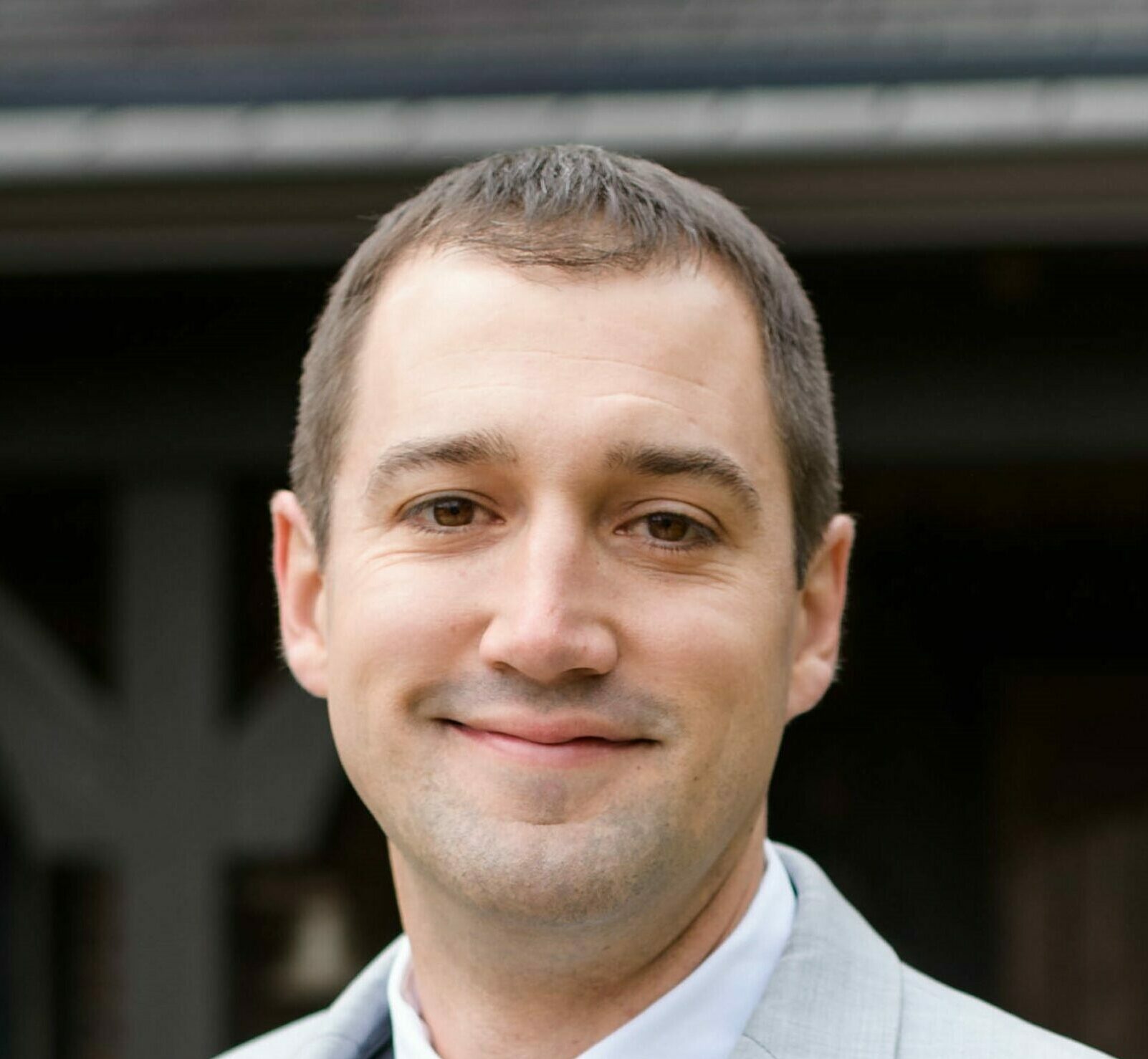
Greg Goodwin
Director of PCM
To truly utilize the economic benefit of conservation practices, you must suspend the belief that highter corn yields equal increased profitability. As a farmer organization, we believe this quest for highter yields has been “baked ” into farmers’ psyches for generations.
We’d like to challenge our farmers to consider that obtaining high yields, and the higher input costs that goal often requires, may not be the best economic or conservation model for Illinois farms and Illinois farm families.

Dirk Rice
Farmer
Between now and 2025, we all have to do something different on each acre to achieve the goals of the Illinois Nutrient Loss Reduction Strategy.
We can’t do what we’ve always done and avoid negative publicity or difficult regulations like we see in surrounding states.
I use PCM to help inform the decisions I’m making on each acre to make sure my farm is profitable. It’s been a valuable tool for me.
PCM Partner Organizations
PCM has the support of more than 30 organizations which have a vested interest in improving the sustainability of commercial agriculture. These organizations include private, public, non-profit, charitable, and government organizations and range from those that serve and supply farmers to those that create and enforce local and national policies.
Learn More